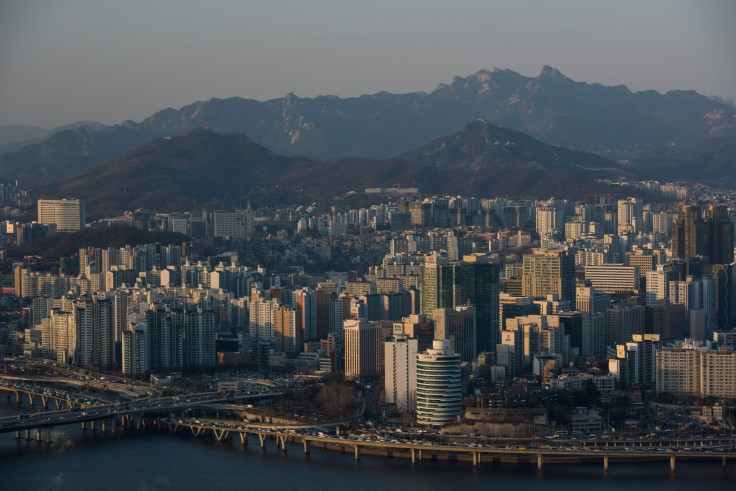South Korea's New Anti-Harassment Law Could Jail Employers For Workplace Bullying

A new law enacted Tuesday in South Korea threatens jail time and large fines to employers who perpetuate or fail to investigate bullying or harassment in the workplace.
The legislation threatens bosses with penalties of three years in jail or fines of 30 million Korean won ($25,470) and is an attempt by the government to crack down on toxic work culture in South Korea.
A recent report by the National Human Rights Commission of Korea said that 70% of employees working at South Korean companies have been affected by harassment or bullying.
The South Korean economy is dominated by industrial family-run conglomerates called Chaebols, which take a paternalistic approach to employee relations. These hierarchical, rigid workplaces often result in South Koreans working overtime to serve their employers.
The Korean term "Gapjil" refers to the strict and authoritarian nature of the members of the elite in Korean society. These bosses and wealthy individuals often act in a disrespectful manner to those they consider to be beneath them.
One famous "Gapjil" scandal occurred in 2014 when Korean Air vice president Heather Cho assaulted an employee on a Korean Air flight at New York's John F. Kennedy Airport because she was served nuts in first class in its original packaging, instead of on a plate. Cho resigned from her position and served five months in prison for obstructing aviation safety.
"Gapjil" incidents are so common that there is a 24-hour hotline for employees to ask for consultation and support.
The South Korean government is not just concerned about workplace harassment but also alarmed by the long hours that many South Korean employees endure. In July 2018, the South Korean government passed a law which cut the maximum working hours a week from 68 to 52. Some South Koreans have complained that the law is forcing them to take a pay cut.
Similar rigid work cultures exist in other East Asian countries, such as the "salaryman" concept in Japan. It's not uncommon for workers in a South Korean Chaebol firm or a Japanese company to go on compulsory company outings and drinking sessions, in addition to sometimes working weeks of 60, 70 or even 80 hours.
The South Korean economy has exploded since the 1950s, becoming one of the most industrialized nations in Asia and the 11th largest economy in the world by nominal GDP.
© Copyright IBTimes 2024. All rights reserved.




















